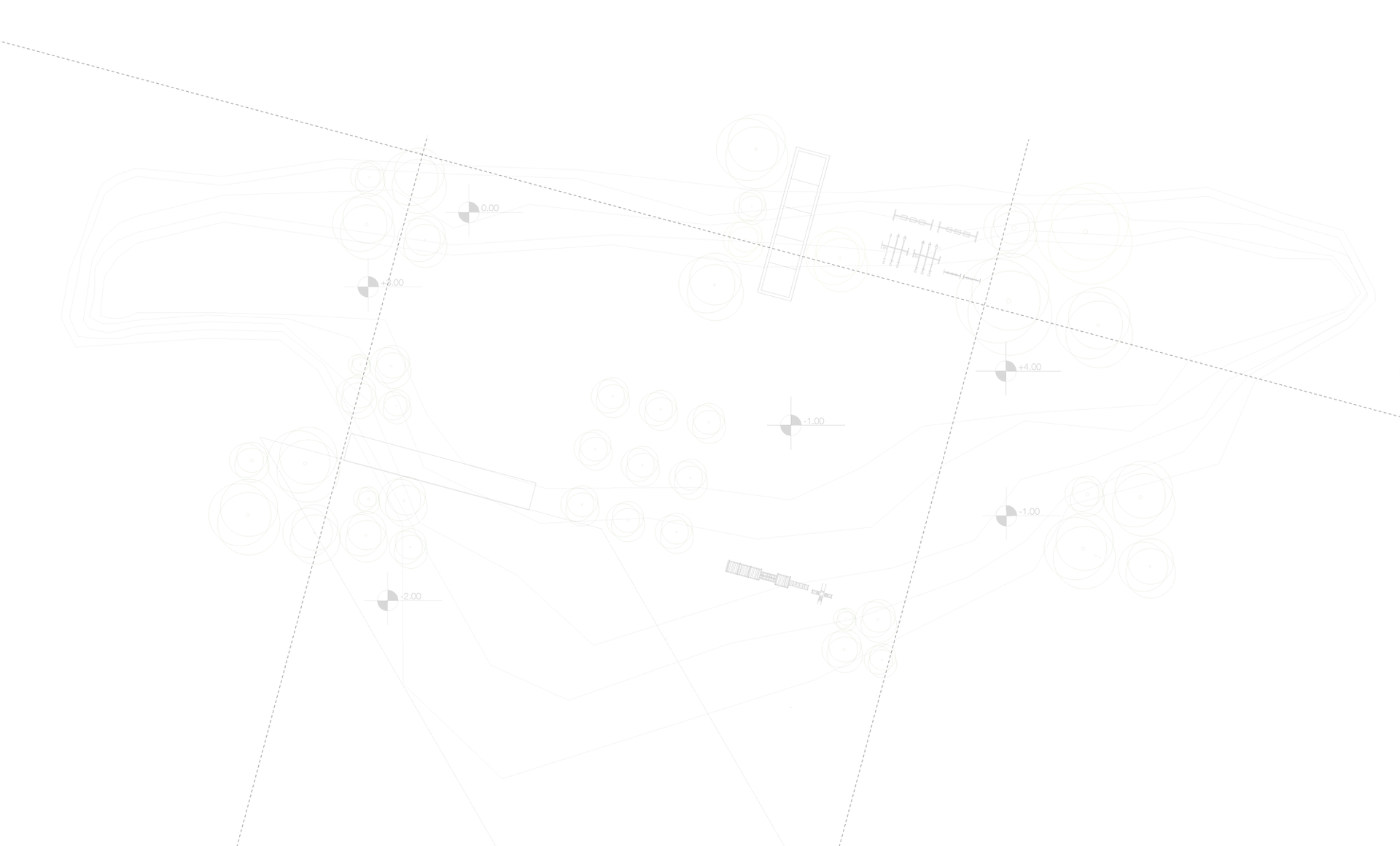How to measure how much you are watering your lawn
- ssbuser7
- Feb 17, 2016
- 2 min read
It is important to find out how much you are watering your lawn to ensure you are not over watering. More often then not homeowners judge their watering requirements by the color of the grass. This method does not work since a properly watered lawn is not going to be less green then an over watered lawn.This is also a great activity for kids to be involved in so they learn the importance of water conservation.Here is how you measure how much you are watering your lawn
Step 1 – Check the water distribution for uniformity. You will need 4 containers; we recommend milk cartons or soup cans.
Place the 4 containers in a grid pattern on the lawn that you are checking
Run your sprinklers for at least 10 min. If you have several stations that cover the area, run each station for the same amount of time.
Check each container to see if the amount is the same. If you are not using the same size container or used a tin can and can not see through to check the water level. You can pour the water into a measuring cup, noting the volume each container contained.
If you find that you do not have even coverage, this could be a reason you have dry spots in the law. Adjust your sprinklers until they do cover the area evenly. If you do not know how to adjust your sprinklers, call to make an appointment with one of our sprinkler technicians.
Step 2 – Determine the amount you are watering.
Empty the water from the 4 containers and measure 1/2 inch up from the bottom of the container.
Place the 4 containers in a grid pattern on the law.
Turn the sprinklers on and start a stopwatch.
When your containers are filled to the 1/2 inch mark, stop the stopwatch and turn the sprinklers off.
Now you know how long it takes to water your lawn 1/2 inch. If it is recommended to water 1.5 inches each week (as it is in September), then you would water three times a week for the amount of time it took to ready the 1/2 mark on your containers. Here are the recommended weekly watering amounts for each month. Do remember, if it is raining, you don't need to water. Install a rain sensor to automate this process, or follow us on twitter for reminders.
April – Turn Sprinklers On
May – 1"/week
June – 1.5"/week
July – 2"/week
August – 2"/week
September – 1.5"/week
October – Turn Sprinklers Off



















Comments